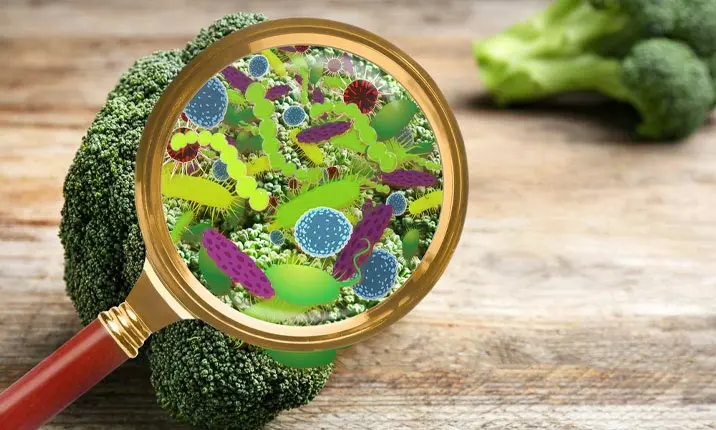Pulse of Information
Stay updated with the latest news and insights.
Bite the Bullet: Surviving Food Poisoning
Discover essential tips to survive food poisoning and bounce back fast! Learn how to protect yourself and recover like a pro.
Top 10 Foods You Didn't Know Could Cause Food Poisoning
When it comes to food safety, most people are aware of the common culprits of food poisoning, like raw meat and eggs. However, there are several surprising foods that you might not realize could also lead to foodborne illnesses. Top 10 foods you didn't know could cause food poisoning include items such as leafy greens, which can be contaminated by bacteria like E. coli during harvest or processing, and sprouts, which thrive in warm, humid conditions that can promote the growth of harmful pathogens.
Additionally, even foods we often consider safe can pose risks. For example, honey can contain spores of Clostridium botulinum, a bacterium that can be particularly dangerous for infants. Other surprising candidates include rice, which can harbor Bacillus cereus if not stored properly, and seafood, where shellfish can accumulate harmful toxins from their environment. Understanding the risks associated with these foods is crucial for avoiding food poisoning.

How to Spot the Symptoms of Food Poisoning Early
Food poisoning can strike unexpectedly, making it crucial to recognize its symptoms early. Common signs include nausea, vomiting, diarrhea, abdominal pain, and fever. Most symptoms appear within a few hours or days after consuming contaminated food or beverages. It’s important to stay alert, especially after eating meals from restaurants or when consuming perishable items that may have been improperly stored. If you notice any of these symptoms developing, it’s best to monitor your condition closely.
Additionally, pay attention to specific risk factors that may increase your chance of food poisoning. Consider how the food was prepared and whether you have a weakened immune system. If you begin to experience severe symptoms, such as persistent vomiting, high fever, or signs of dehydration, seek medical attention immediately. Early detection and treatment can help prevent complications and ensure a quicker recovery.
What to Do If You Suspect Food Poisoning: A Step-by-Step Guide
If you suspect food poisoning, the first step is to assess your symptoms. Common signs include nausea, vomiting, diarrhea, and abdominal cramps. If these symptoms appear within 6 hours to several days after eating, it may indicate that you've ingested contaminated food. Keep track of your symptoms and consider your recent meals, as this information will be crucial if you need medical attention. If your symptoms are severe, such as high fever, prolonged vomiting, or signs of dehydration, seek medical help immediately.
Once you've recognized the symptoms, the next step is self-care. Stay hydrated by drinking clear fluids, such as water or oral rehydration solutions, to prevent dehydration. Avoid solid foods until you feel better, and then gradually reintroduce bland foods like toast, rice, or bananas. If your symptoms persist for more than 48 hours or worsen, contact a healthcare professional for further guidance. In some cases, food poisoning can lead to serious complications, so being vigilant is essential.